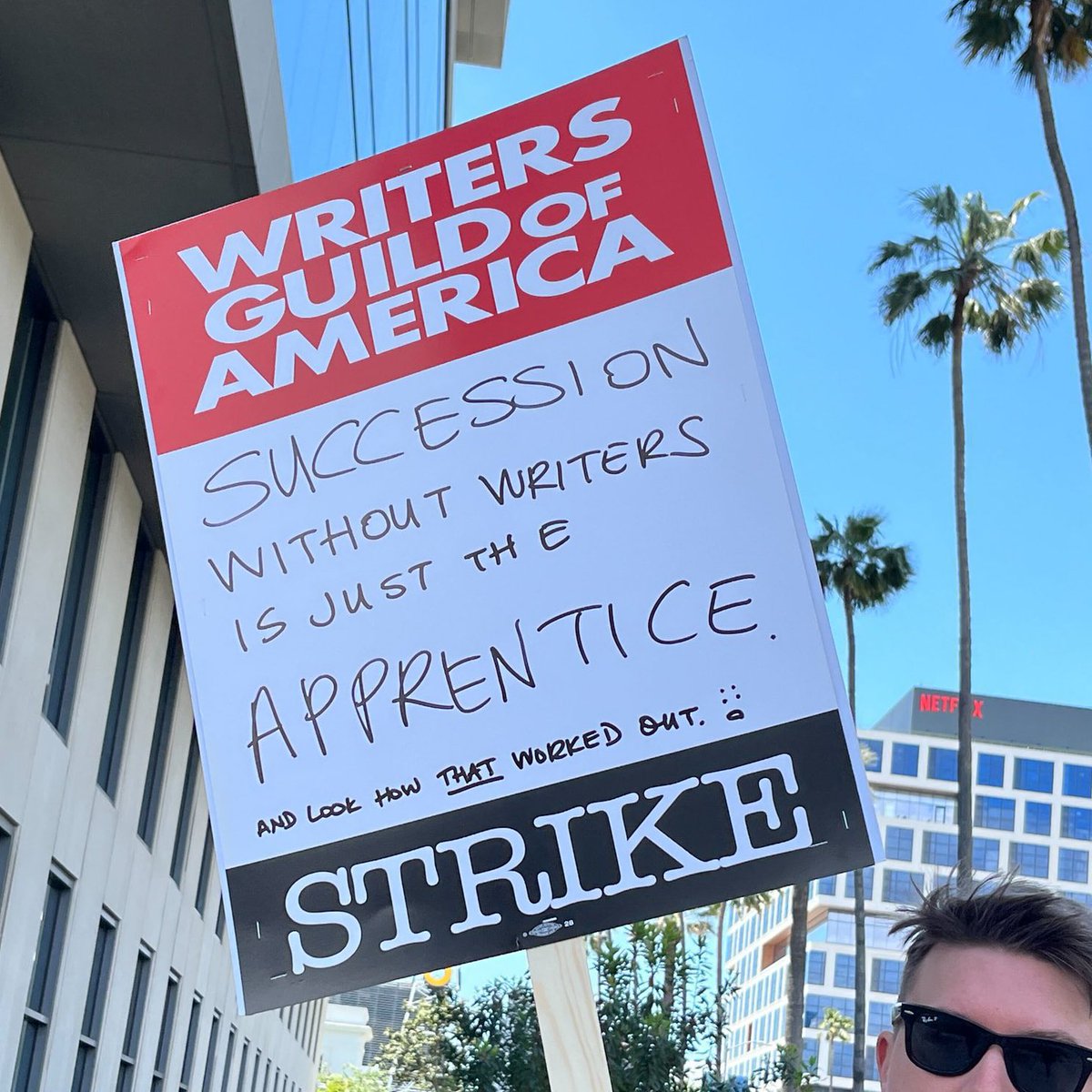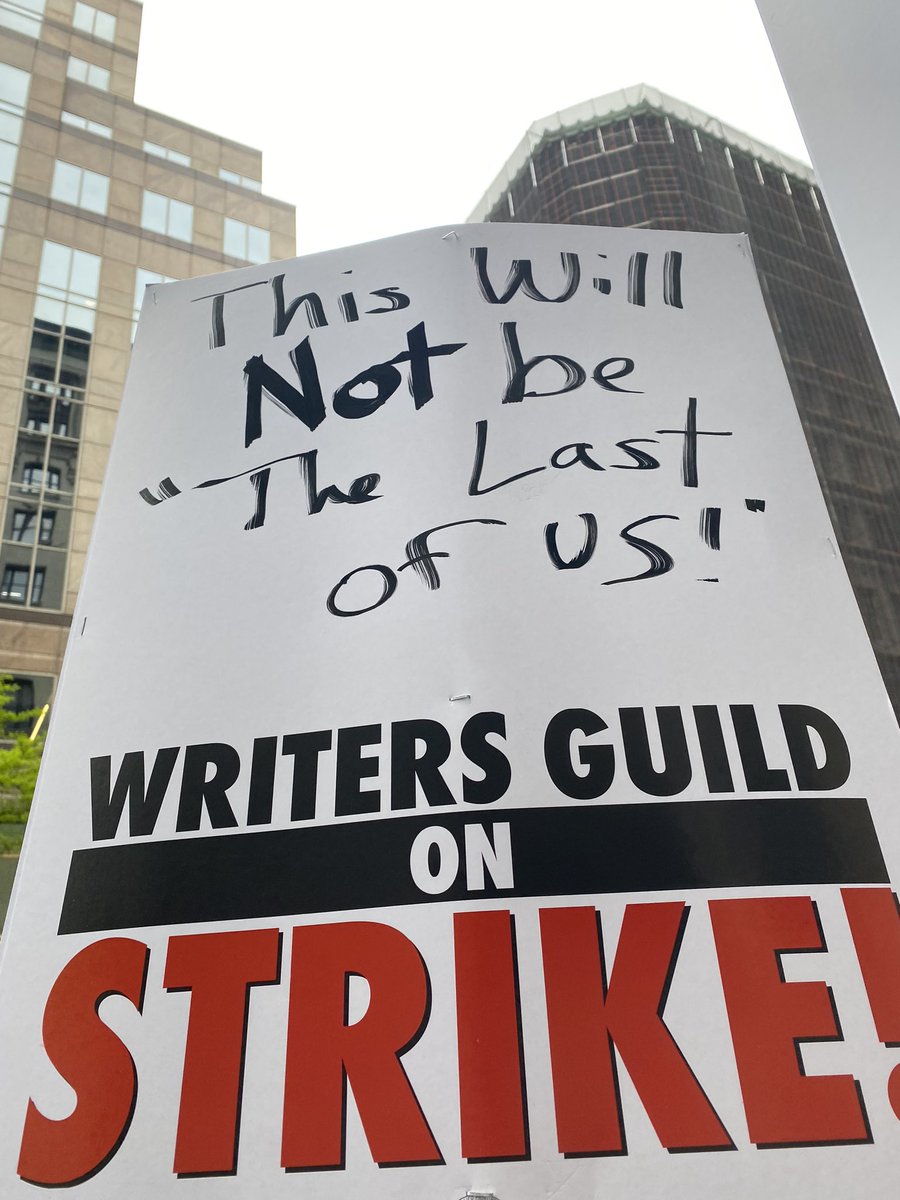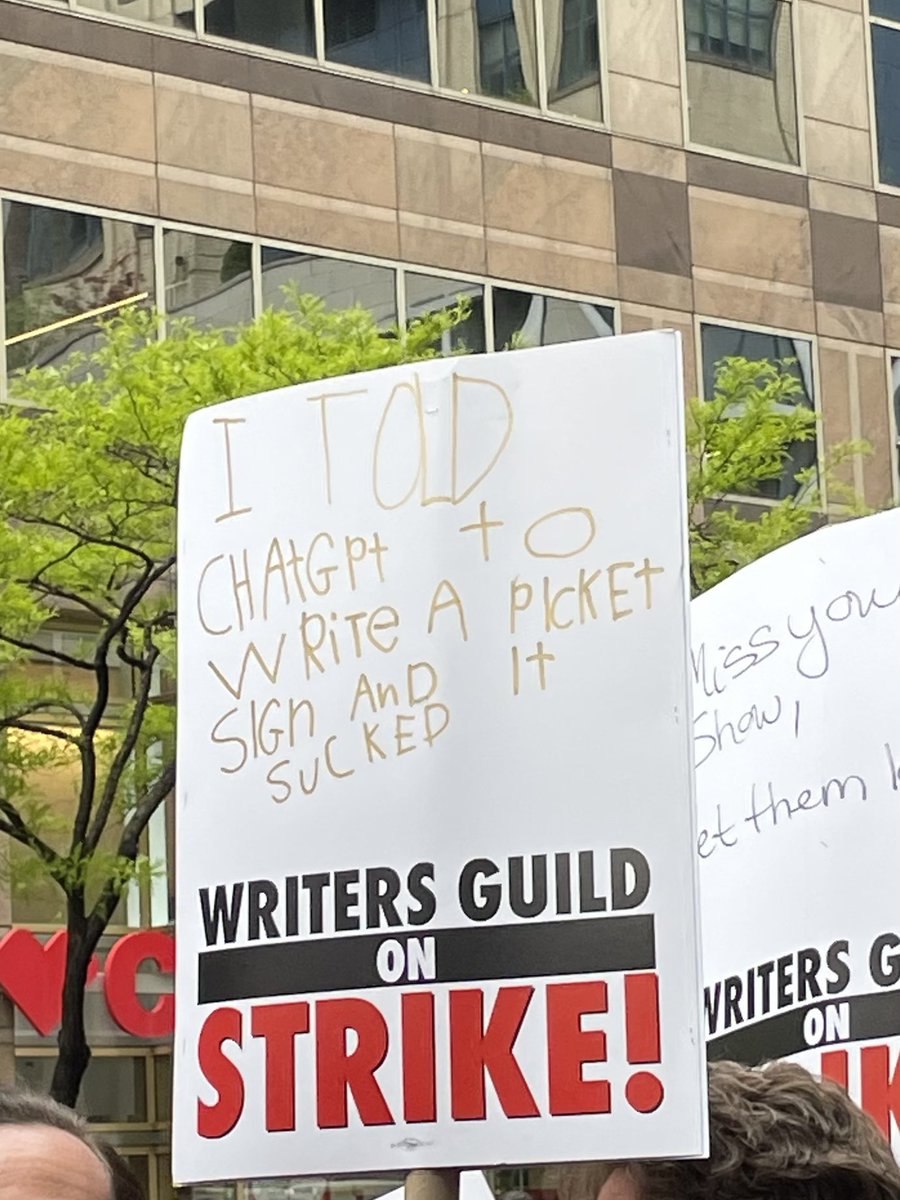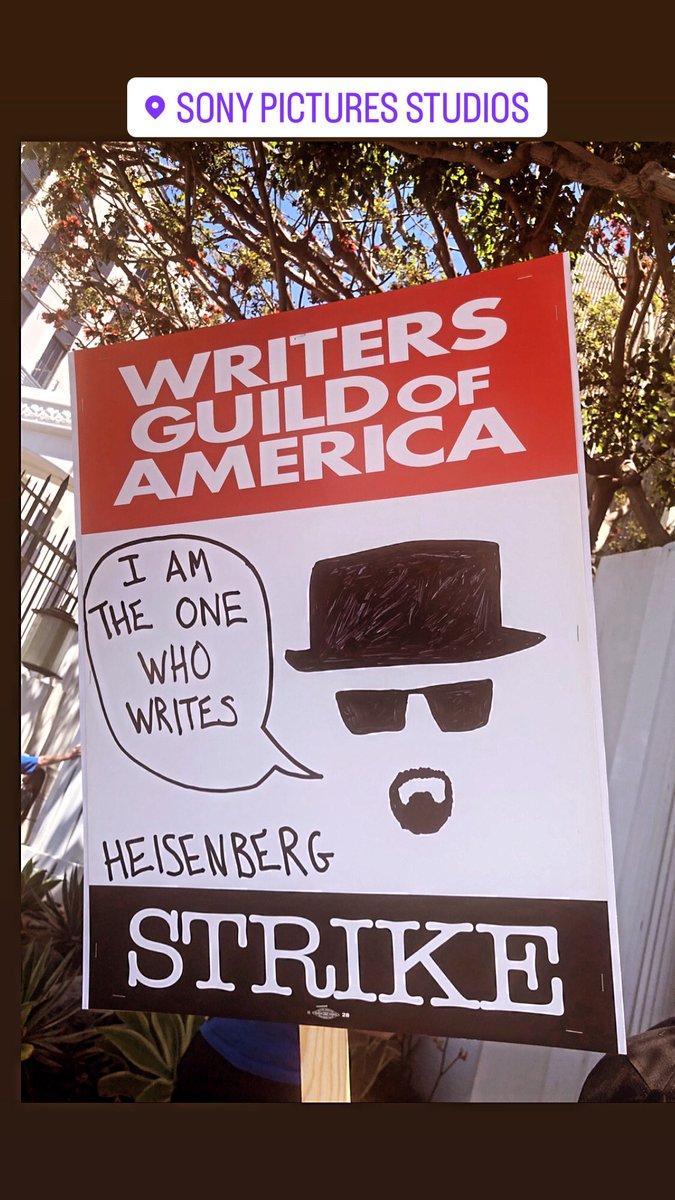This is the way I see it. The AI can absolutely generate the basis for whatever story that you want to tell, but the AI is an emotionless tool that cannot possibly capture any of the deep human emotions that come through relationships with each other, with the environment in which they live, etc. You'll need an actual human to flesh out characters, to make them human and to inject life into a bunch of words the AI generates. Or think of it like this - Carrie Fisher, well known as Princess Leia, was also a screen writer perhaps not in title but in actual work. She apparently did a number on the Hook script, if what I've read is true, that took that movie beyond Captain Hook and Peter Pan.TCTTS said:Red Five said:
They certainly can and I hope they would. But within the context of the writer's strike, now you are talking about only the top level of writers being irreplaceable. The people writing for Jimmy Fallon are by no means auteurs. Nanomachine's point was that writers should be more concerned about it than they appear to be.
I hope that you are right and AI doesn't become a big player in entertainment or any industry really.
You haven't been reading my posts if you think my point is that only top level writers are irreplaceable. Again, what I'm simply trying to say is that human beings will *always* be involved in the writing process.
Think of it a bit like Phil Tippett and Jurassic Park. Originally, Spielberg was going to do the dinosaurs with stop motion, and had stop motion expert Phil Tippett go pretty far down that road, to the point where multiple test scenes had already been shot with a stop motion t-rex and stop motion velociraptors. Then, at the last minute, a test was done on a computer, almost on a whim... and the rest is history. But here's the thing... Tippett wasn't out of a job (even though he famously declared that he was now "extinct" - a line Spielberg loved so much he put in the movie). Because Tippett knew from his stop motion work, better than anyone, how dinosaurs moved, he ended up overseeing all of the computer animations, and found a new career path. Doing something very similar... but also different.
Roughly the same thing will happen in screenwriting, in that the A.I. will need massaging, from storytelling experts, both in the writing process itself, and again, throughout production. Will that ultimately result in fewer tried-and-true writer jobs? Probably so. But I don't think there's anything the WGA can do in these negotiations to force the studios from going down that path. It's inevitable. New jobs *will* be created in the process, though, and writers *will* still help tell these stories, and help tell jokes on late night, etc.
Basically, I see AI as less of a replacement and more of tool, or co-author at best. The Tarantinos of the world may likely never utilize it, while the studios will, but either way, writers will be involved in the process, from top to bottom, some more than others.
AI is something that should concern nearly every one, but I think the smart play is to understand what it can do and more importantly, what it cannot. I'm a software engineer. Yes, AI can generate C# code. But can it sit down with clients to actually understand the issues they need to solve?









